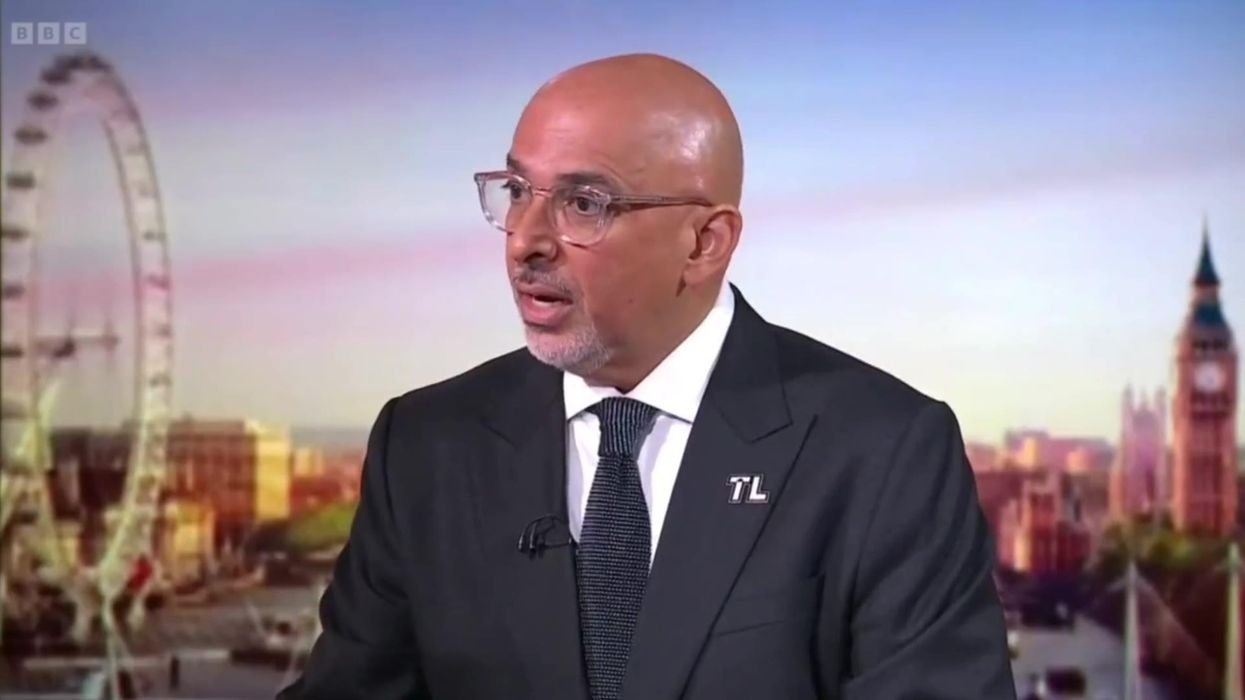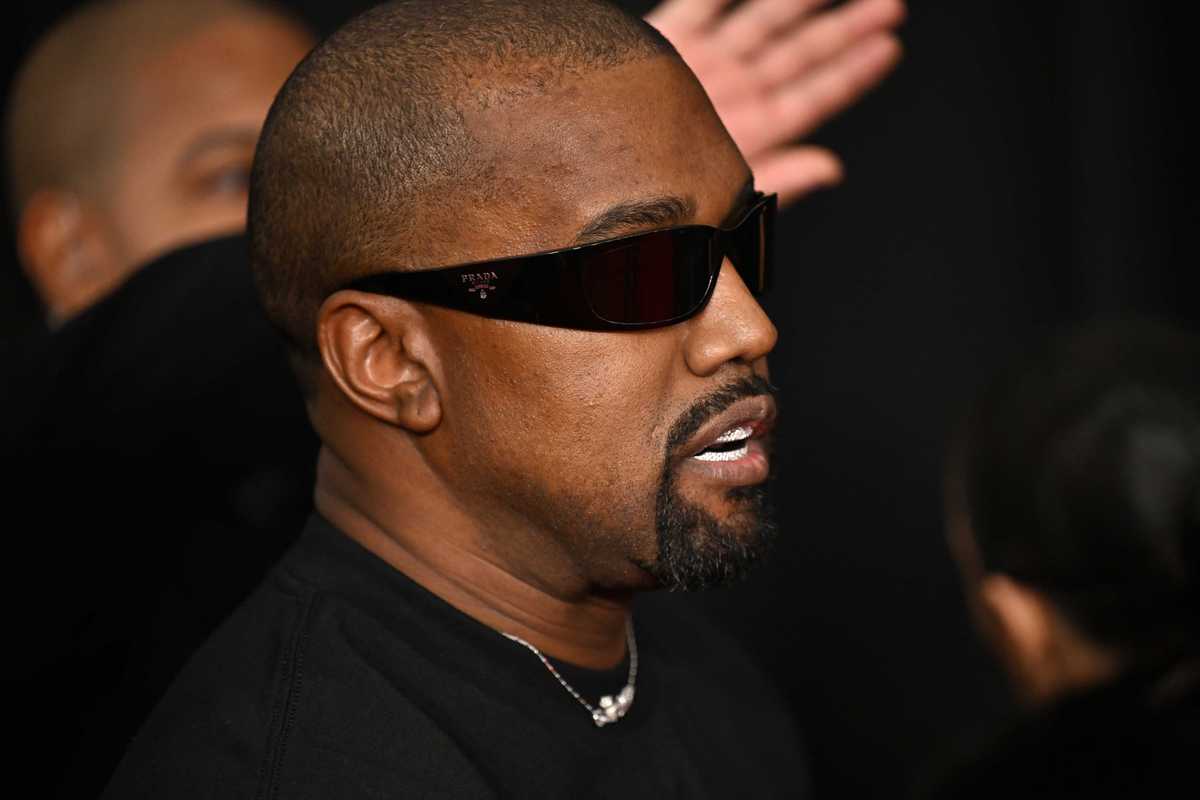Ellie Abraham
May 23, 2022
Education secretary says Sajid Javid has bought Monkeypox vaccine
BBC
A recent outbreak of the rare monkeypox has sparked “racist and homophobic” reporting that has been condemned by the United Nations.
In England, at least 20 cases of the virus have been detected by the UK Health Security Agency (UKHSA) since 6 May, predominantly in gay and bisexual men.
The agency says the virus is passed via close contact or through contact with clothing or linens used by a person infected with monkeypox.
A statement said: “A notable proportion of early cases detected have been in gay and bisexual men and so UKHSA is urging this community in particular to be alert.”
Since the cases have come to light, the United Nations’ AIDS agency has claimed that some reporting about the virus in relation to African people and the LGBTQ+ community, “reinforce homophobic and racist stereotypes and exacerbate stigma”.
Sign up to our new free Indy100 weekly newsletter
Speaking to The Guardian, Matthew Kavanagh, UNAIDS deputy executive director, said: “Stigma and blame undermine trust and capacity to respond effectively during outbreaks like this one.”
The World Health Organisation confirmed that cases of monkeypox have been found in 12 countries including Spain, Portugal, the US and Canada where the disease is not typically present.
As of 21 May, it confirmed there have been 92 laboratory confirmed cases and 28 suspected cases of monkeypox. There have been 0 deaths associated with the outbreak to date.
Monkeypox typically appears as an unexplained acute rash accompanied by other symptoms including a headache, fever, swollen lymph nodes, muscle and body aches, back pain and weakness.
Have your say in our news democracy. Click the upvote icon at the top of the page to help raise this article through the indy100 rankings.
Top 100
The Conversation (0)














